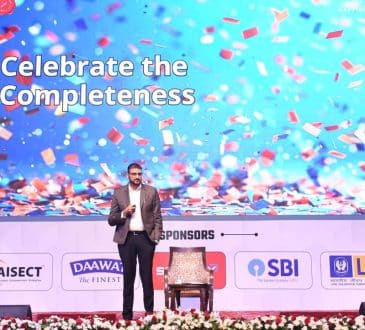Why a HRIS is key to talent management and retention

In today’s competitive business landscape, attracting and retaining top talent has become a top priority for organisations. One of the most effective tools available to enhance talent management and retention strategies is a Human Resource Information System (HRIS). By integrating technology into HR processes, businesses can streamline operations, improve employee engagement, and drive organisational success.
Streamlined Recruitment Processes
An effective HRIS simplifies the recruitment process, enabling organisations to attract the right candidates efficiently. With features like applicant tracking systems (ATS), HR professionals can easily manage job postings, filter resumes, and communicate with candidates. This streamlined approach saves time and enhances the quality of hires, and the overall candidate experience. By using data analytics, organisations can identify trends in their hiring processes, such as which channels yield the best candidates or the average time to fill a position, allowing for continuous improvement in recruitment strategies.
Improved Onboarding Experience
Once a candidate has been selected, the onboarding process is important for retention. A well-designed HRIS can facilitate a smooth onboarding experience, ensuring that new hires feel welcomed and equipped for their roles from day one. Features like digital onboarding checklists, automated document management, and training modules can help HR teams provide consistent, engaging experiences for new employees. Research shows that effective onboarding can improve employee retention by up to 82%, making it a vital component of talent management.
Enhanced Employee Engagement
An engaged workforce is key to retaining top talent, and an HRIS can play a significant role in fostering this engagement. Many systems include tools for employee surveys, feedback, and recognition programs, allowing organisations to gather insights into employee satisfaction and motivation. By regularly assessing employee sentiment, HR leaders can identify areas for improvement and implement initiatives that promote a positive workplace culture. Gamification elements can also improve the employee experience, making learning and development more enjoyable and accessible.
Learning and Development Opportunities
Investing in employee development is one of the most effective ways to retain top talent. An HRIS can facilitate training and development by tailoring it to job-specific skills and capabilities an employee wants to develop. These learning interventions can be delivered in various ways, including e-learning modules, webinars, face-to-face learning, and formal certifications. This enables employees to take charge of their professional growth and signals that the organisation values their contributions and is committed to their success. According to LinkedIn’s 2023 Workplace Learning Report, 94% of employees would stay at a company longer if it invested in their career development, highlighting the importance of effective learning opportunities.
Comprehensive Succession Planning
Succession planning is essential for ensuring long-term organisational success. An HRIS allows organisations to identify high-potential employees, capture critical role capabilities, and create tailored development plans to prepare them for future leadership roles. By fostering a culture of internal mobility and career progression, organisations can boost employee loyalty and reduce the risk of losing valuable talent to competitors. Comprehensive succession planning secures the organisation’s future and reinforces a commitment to employee development and retention.
Data-Driven Decision Making
One of the most significant advantages of an HRIS is its ability to provide data and analytics that inform strategic decision-making. A recent Global Talent Trend Report found that businesses leveraging data-driven HR systems are four times more likely to make better decisions, improve productivity, and achieve financial goals. By analysing trends in employee turnover, engagement, and performance, HR professionals can identify patterns and develop targeted retention strategies. This data is invaluable for understanding the workforce landscape and aligning HR initiatives with business goals. Leveraging insights from an HRIS allows organisations to make informed decisions about talent management, ultimately driving business success.
Incorporating an HRIS into talent management strategies can significantly enhance an organisation’s ability to attract and retain top talent. By streamlining recruitment processes, improving onboarding experiences, and fostering employee engagement, organisations position themselves as employers of choice in a competitive market. Moreover, by leveraging data-driven performance management, investing in learning and development, and implementing effective succession planning, organisations can cultivate a workforce that is skilled, motivated and committed to the organisation’s success. As the business landscape continues to evolve, embracing HRIS technology is not just a strategic advantage—it is essential for sustainable growth and success in the market.
Written by Sharna Peters.
Have you read?
World’s Most Innovative Countries, Best Fashion Schools. Best Universities. Best Medical Schools. Best International High Schools. Countries: Most Female Billionaires.
Bring the best of the CEOWORLD magazine's global journalism to audiences in the United States and around the world. - Add CEOWORLD magazine to your Google News feed.
Follow CEOWORLD magazine headlines on: Google News, LinkedIn, Twitter, and Facebook.
Copyright 2025 The CEOWORLD magazine. All rights reserved. This material (and any extract from it) must not be copied, redistributed or placed on any website, without CEOWORLD magazine' prior written consent. For media queries, please contact: info@ceoworld.biz








